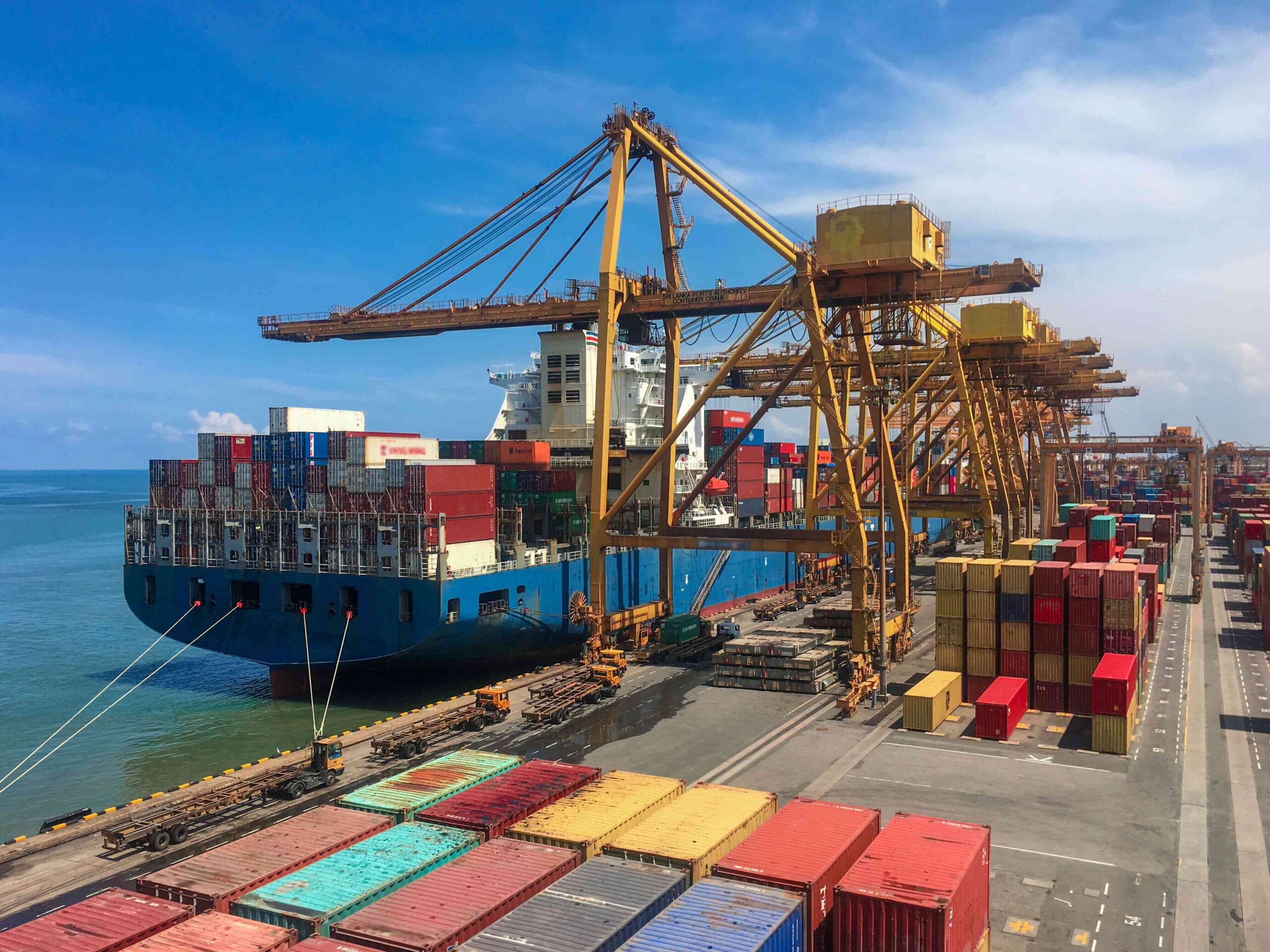By Conrad Onyango
Port of Lomé, in the capital of Togo, is fast turning into a geopolitical battleground, as Russia and the United States ramps up efforts to secure influence at Africa’s fourth largest port.
With its unrivaled maritime access and proximity to landlocked markets like Mali, Niger, and Burkina Faso, the deep-water port, capable of handling over 30 million tonnes annually is now the latest hotspot where global powers are flexing their muscle.
The global powers are now showcasing their might through infrastructure investments, cultural diplomacy, and military pacts.
A Kenyan political economist, Jael Otondi told bird in an interview that African countries should treat such geopolitical stunts with caution especially at a time when Africa’s single largest market, AfCFTA begins to reshape intra-African trade flows.
He argued that control over maritime gateways will dictate who shapes the next phase of Africa’s economic integration and who benefits most from it.
“Africa must take the driver’s seat. The global courtship over Lomé should not just be about access. It should be about partnership, ownership, and long-term value for African economies,” said Otondi.
In recent weeks, the U.S. Embassy in Togo has stepped up its economic and diplomatic outreach.
U.S. Chargé d’Affaires Richard C. Michaels has been on a high-visibility tour that included visits to agricultural companies, particularly in the cashew sector where he promoted sustainable trade and job creation that benefits both nations.
He also took part in the culturally symbolic Evala wrestling finals in Pya, a festival that doubled as a political and business convergence point in the Kara region.
There, he held closed-door talks with top Togolese officials and private sector leaders, underscoring America’s intent to deepen trade cooperation.
The clearest signal of U.S. interest however, came during Michaels’ July 21 visit to the Port of Lomé and Lome Container Terminal, where he pitched American investment in logistics and infrastructure as a “win-win” for both economies.
“With advanced deep-water capabilities, cutting-edge equipment, and an annual throughput exceeding 30 million tons, Lomé offers U.S. businesses unmatched access to African markets,” said a statement from the U.S. Embassy in Togo.
“Ongoing expansion including a dry port and industrial zone further enhances its role as a growing gateway,” said the Embassy.
The embassy is actively inviting U.S. firms to explore tailored business opportunities, framing Lomé not just as a logistics hub but as a launchpad for American prosperity in Africa.
While the U.S. leans on commercial diplomacy, Russia is embedding itself through hard security.
In June, Togolese and Russian defense officials signed a new bilateral military cooperation agreement, focusing on joint training, equipment supply, and emergency medical support.
According to Russia’s state-run TASS news agency, Vladimir Gruzdev, chair of the Association of Lawyers of Russia, called Togo “the most organized and equipped country in Tropical Africa,” and described its port as the busiest in West Africa.
“The deal reflects Togo’s strategic value, not only in coastal logistics but also in inland security operations,” said Gruzdev.
Russia’s expanding role builds on its growing military footprint in the Sahel and Gulf of Guinea, as it seeks to displace traditional Western powers, particularly France, across Francophone Africa.
Lomé’s natural deep-water port is unmatched along the West African coast, offering direct berthing for large container ships and serves as a vital artery for landlocked west African neighbors and drives around 70% of Togo’s economic activity.
In 2024, the port handled 30.64 million tonnes of cargo, up from 30.09 million in 2023, according to Lloyd’s List Intelligence, with maritime trade contributing over 75% of the country’s tax revenue.
Across the continent, ports like Berbera in Somaliland, Kenya’s port of Mombasa and Walvis Bay in Namibia have also been drawing interest from powers such as China, Turkey, the UAE, and India.
bird story agency
The Port of Lomé in Togo has become a focal point in the geopolitical struggle between the United States and Russia, each seeking influence over West Africa's vital trade gateway.
With its strategic location and extensive deep-water facilities, the port not only handles substantial cargo quantities, but also serves as a pivotal access point for landlocked countries such as Mali, Niger, and Burkina Faso.
This positions it as a critical economic node, particularly as Africa begins to rearrange its trade framework under the AfCFTA.
The U.S. is leveraging economic activities, with representatives like Chargé d’Affaires Richard C. Michaels promoting investment in logistics and fostering sustainable trade ties, while also engaging in cultural diplomacy.
Conversely, Russia is focusing on deepening military cooperation with Togo, evidenced by a recent bilateral agreement that underscores the port's strategic value not only for logistics but also for security operations in the region.
Despite differing tactics—Washington's soft-power economic overture versus Moscow's hard-security engagement—both aim to dominate the port's influence as well as underlying resources, signaling a new phase in Africa's global partnerships.
This competition also reflects broader international interests in Africa's ports, as nations like China, Turkey, and India enhance their presence on the continent.






